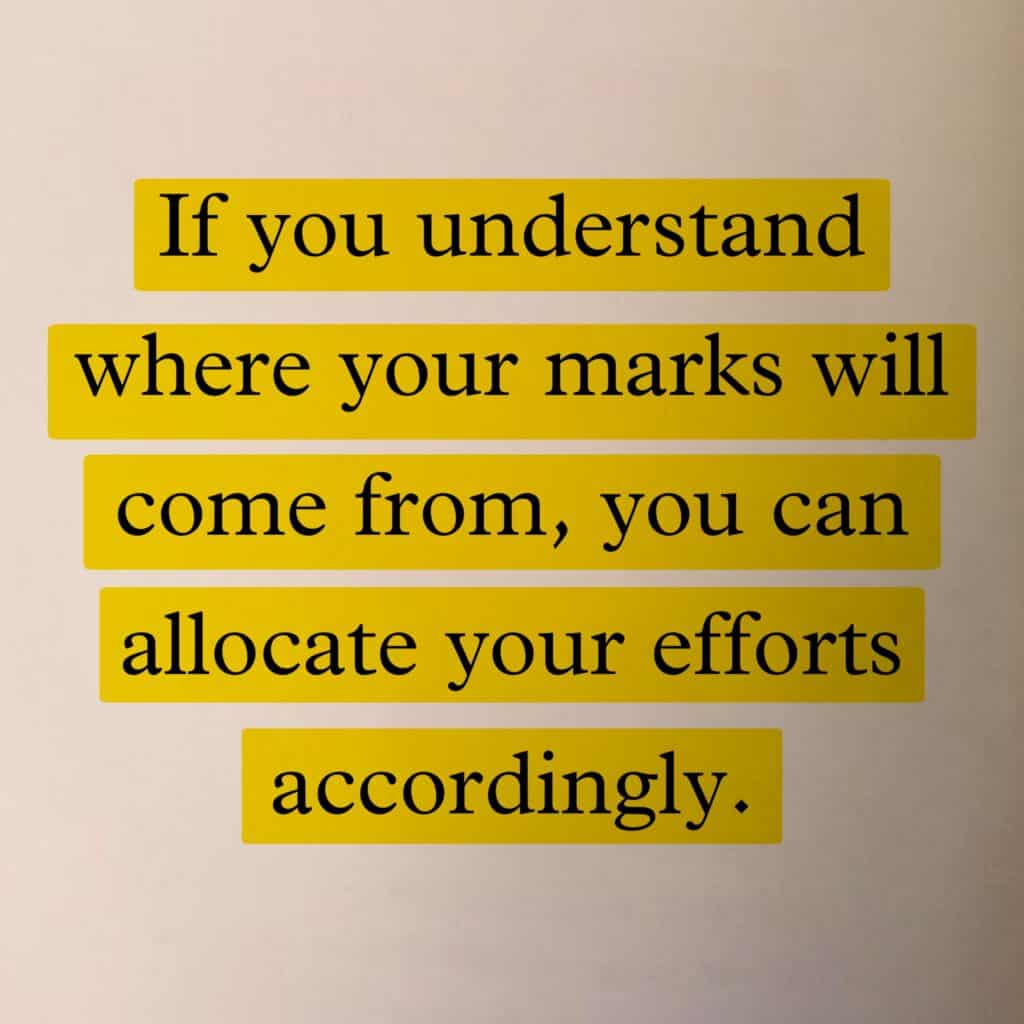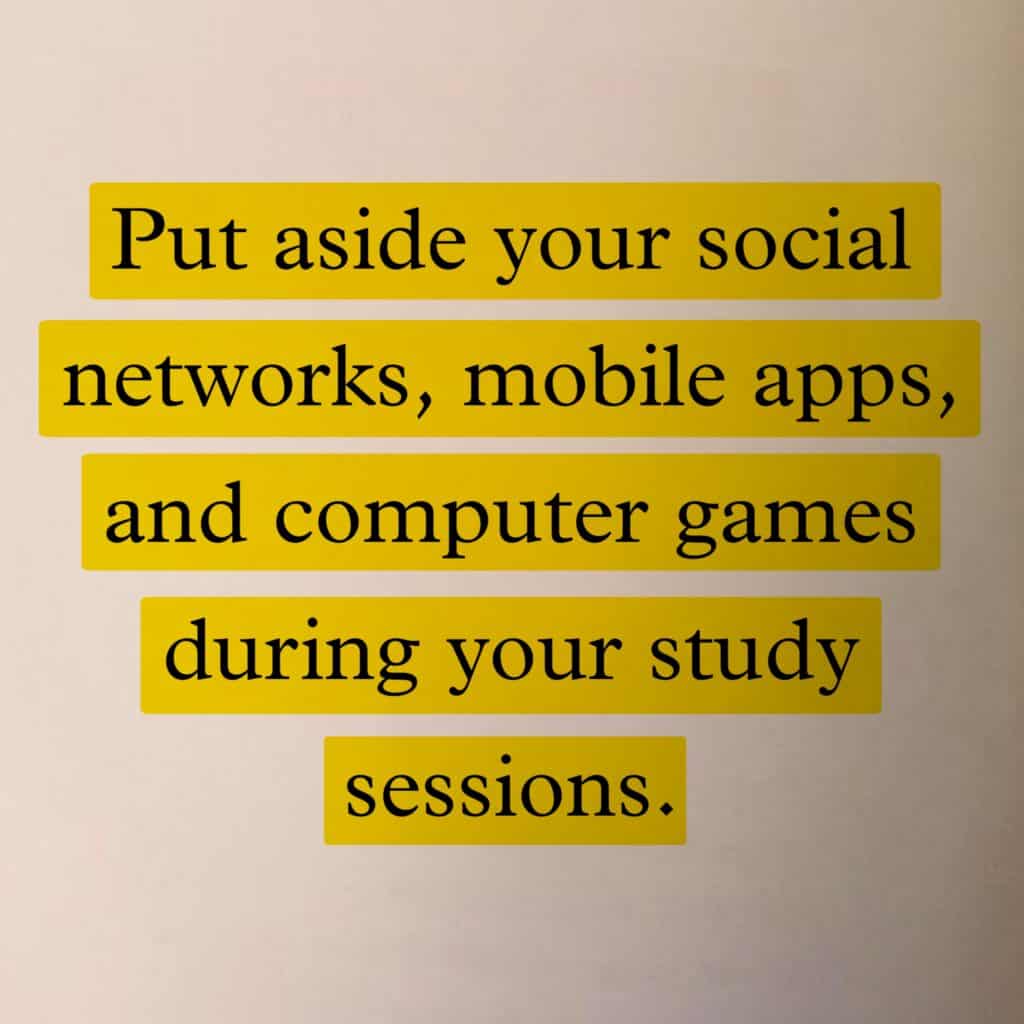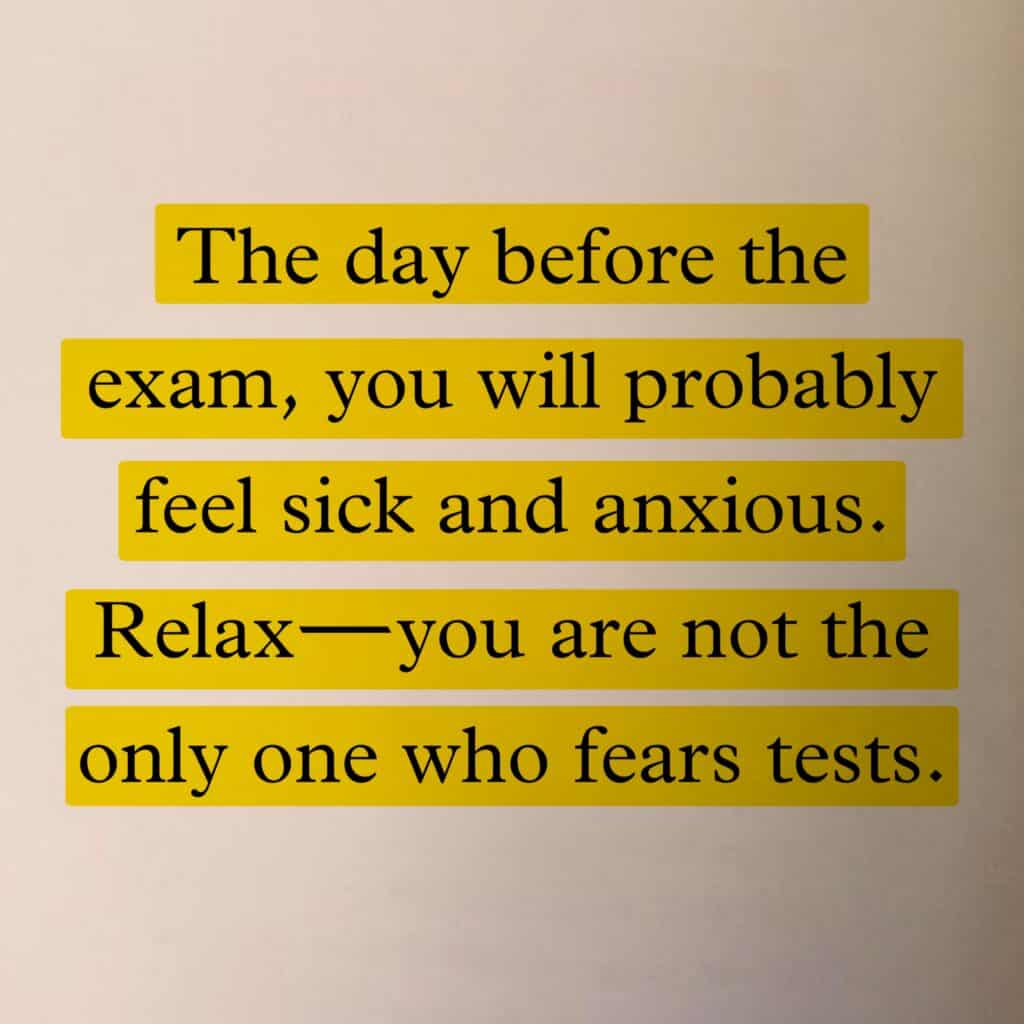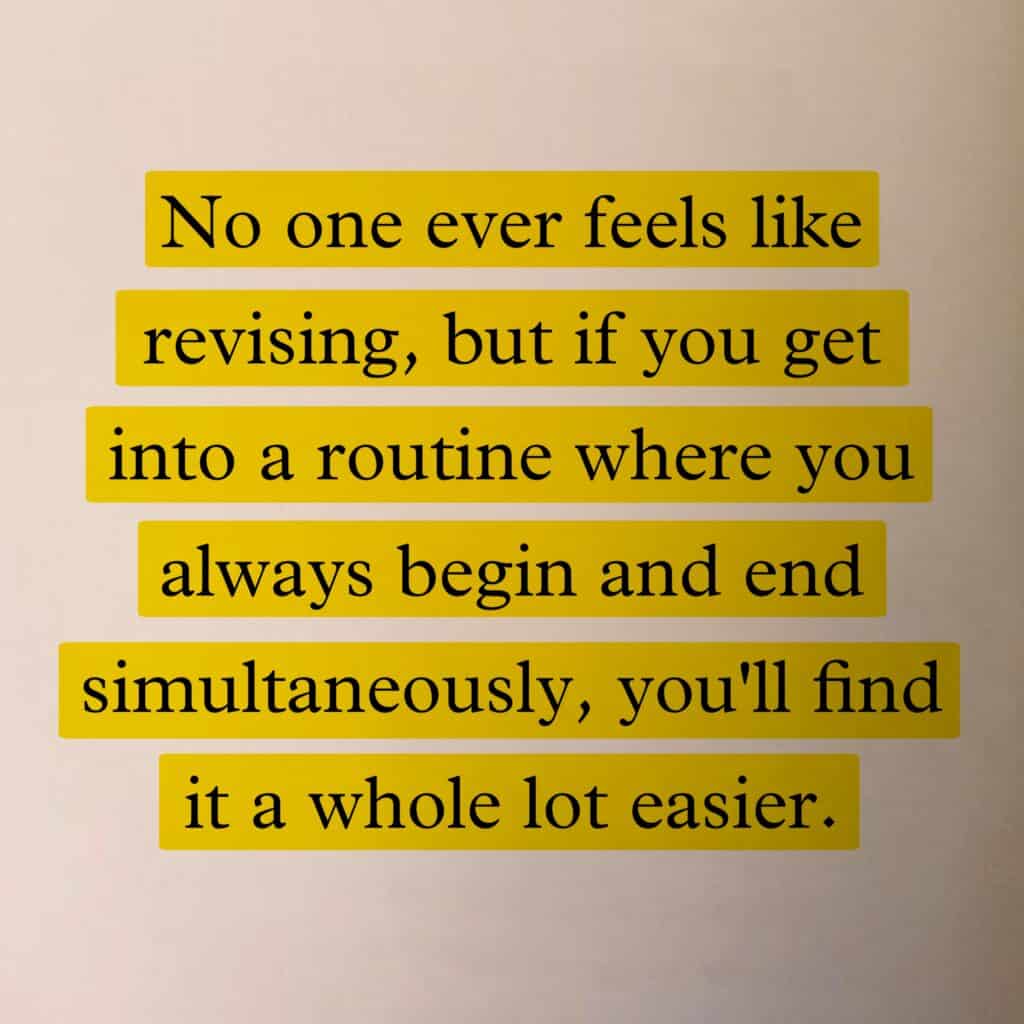15 Tips on How to Pass Any Exam

In today’s fast-paced world, exams have become an integral part of everyone’s life. Whether you are a student, a working professional, or someone pursuing a part-time course, exams are an inevitable aspect of your journey towards success. With so many competitive exams being conducted for college admissions, government jobs, and other academic pursuits, everyone is caught up in a race to succeed. While some people manage to achieve their goals, others are left behind. Therefore, it is crucial to work hard and give your best shot in every exam.
In this context, it is essential to prepare for competitive exams effectively, as the level of competition is only increasing with time. To help you crack any exam, we have compiled a list of 15 tips that you can follow. Successful students often apply simple but effective study strategies that help them reach the top. The key to efficient exam preparation lies in studying smarter, not harder. By following the tips we have provided, you can pass any exam with flying colors.
Lastly, if you find these tips useful, we urge you to share them with others who might benefit from them. Remember that sharing knowledge and information can change someone’s life for the better.
It is crucial to have a clear understanding of the marking scheme before attempting any examination. This includes knowing the percentage of marks allocated for various components such as exams, coursework, or projects. For instance, if 75 percent of your total mark is based on the final exam and the rest on coursework, it’s important to perform well throughout the academic year. Neglecting coursework and expecting to compensate with a good exam performance is not a wise strategy. Therefore, it’s essential to comprehend the marking scheme right from the beginning to devise an effective plan to score well in the examination.

It’s important to note that a good performance in coursework alone may not be sufficient to secure a high overall mark. If coursework only accounts for a small portion, such as 10 percent of the total mark, then a good performance in the exam becomes crucial. Therefore, it’s crucial to have a clear understanding of the weightage of marks allocated to different components of the exam.
By understanding the marking scheme, you can allocate your efforts appropriately. This involves learning which chapters, books, or sections are likely to contribute more marks and focusing your preparation accordingly. Having a detailed understanding of the marking scheme can help you plan your approach and maximize your chances of scoring well in the examination.
Develop a memory for the exam.
Improving memory skills is a gradual process and cannot be achieved overnight. However, you can enhance your memory by correcting your thought process and habits. The quality of your memory is determined by how you use it and how often you use it.
To improve your memory for exams, it’s crucial to pay close attention to the material you wish to retain. Try to create a vivid mental image of the information you are learning, whether it’s a name, date, or fact. To make it more meaningful, associate it with any relevant material you already know. It’s also important to ensure that you get enough sleep and eat properly, as these factors can significantly impact your ability to memorize effectively. You can also refer to our website for a summary of “Hyperfocus” to improve your focus.
To remember effectively, try to use all your senses while learning. Some people memorize pictures better, while others memorize sounds better. Combining different sensory impressions, including sight and hearing, can make it easier to remember. Visualize the information, create diagrams, or take notes to help you remember the material better.
During your study sessions, allocate half of the time to reading and the other half to actively engaging with the material. This could involve writing new notes, finding connections between different concepts, or solving problems related to the topic. It’s also advisable to study beyond what’s just necessary to pass the exam. Research has shown that studying 50 percent more leads to a 50 percent increase in retention. In fact, people who spent more time studying in a week were found to memorize six times more than those who only covered the material briefly.
Don’t stick to one study place
Your brain can benefit from changing environments when trying to recall information. This is because the brain sees the information as more important and memorable when it is associated with different places. To enhance your performance, it’s important to consider the context of the testing environment when studying. If you learn the material in an environment similar to the one where you’ll be taking the exam, it will be easier to recall the information during the test.
Many students find it helpful to study in a classroom or library. Additionally, studying with a friend or as part of a team can also increase your chances of achieving a high score.
Organize your study place
Clear your study table of any clutter and ensure that you have adequate lighting, a comfortable chair, and fresh air. Before beginning your study session, personalize your study space to suit your preferences and make it as comfortable as possible. For instance, some individuals perform better in a completely silent environment, while others prefer having some background music.
Get distractions away

During your study sessions, it’s crucial to minimize distractions by avoiding social networks, mobile apps, and computer games. If you struggle with the temptation to check notifications or respond to messages, consider using an app that can block all sources of distraction for a specified period. Several extensions and mobile apps are available to help you do this. Alternatively, you could turn off all notifications or activate flight mode on your phone.
Divide studying into sessions.
Attempting to cram all your study material into one night by repeatedly reading it over and over is not an effective strategy. In fact, it may even have detrimental effects on your ability to retain information. Instead, it is advisable to plan out your study sessions in advance and space them out over at least a week leading up to the exam. This allows for ample time to gain a deeper understanding of the subject matter.
In order to ensure long-term retention of the knowledge you acquire, taking regular breaks is crucial. It is important to step away from your studies and engage in activities that bring you joy or allow you to relax. Dividing your study sessions into 20-30 minute intervals, and focusing on a single topic during each session, can be an effective way to improve your concentration. Additionally, considering multiple ways in which you can apply the same information can be a valuable study skill.
Having a clear understanding of which tasks will help you achieve your goals is also essential. To facilitate this, it can be helpful to create a to-do list that includes all the topics, exercises, papers, and materials required for your studies.
Set a goal
To achieve effective studying, it’s important to establish a feasible goal and allocate an appropriate amount of time for studying. Create a detailed plan of action in your planner, outlining all the necessary steps to achieve your goal. During each study session, aim to gain a comprehensive understanding of the material to the point where you can confidently explain it to others.
Group up with your friends
Collaborating with peers is one of the most efficient ways to study. Group study offers an ideal environment to exchange class notes, clarify ambiguities, and deliberate on difficult concepts that are likely to be tested. This can be especially effective if all members of the group are focused and motivated to achieve results.
In addition, group members may possess unique insights and techniques that can help you succeed in the exam. Formulating questions for one another and holding regular meetings to compare and discuss answers can further enhance your learning.
Overall, participating in group study sessions with disciplined and goal-oriented peers can greatly improve your understanding and retention of material.
Beat your test anxiety

It’s common to feel anxious and uneasy before a test, but there are ways to calm your nerves and improve your chances of success. Researchers have studied this issue and discovered various methods to help you perform better during test time.
One of the unexpected tips is to avoid consuming caffeine in the form of coffee or tea before your exam. Caffeine can contribute to anxiety and make you too jittery to concentrate properly on the test.
Another tip is to eat a light meal or fast before the test. This ensures that your body directs the most oxygen-rich blood to your brain rather than your digestive system, which can be distracting. Taking a brisk walk or engaging in light exercise can help increase blood flow to your brain and reduce anxiety.
Choosing comfortable clothing that won’t distract you during the exam is also essential. Additionally, make sure you have all the necessary materials, such as pens, pencils, and erasers, to avoid worrying about their absence and reduce anxiety.
Develop the Exam Strategy

To manage your time effectively during a test, it’s important to scan the entire exam before starting to understand the concepts you need to focus on. You may also find that some answers are given within other questions, so it’s helpful to take note of those. Additionally, divide the test into sections based on the estimated time each section will take, and make sure to read and follow all instructions carefully, as they may contain hints.
Before turning in your test, be sure to review all of your answers to ensure you’ve answered all of the questions. If you notice an obvious mistake, correct it, but avoid overthinking and changing your answers too much.
Use flashcards
Learning through flashcards can be done either by writing them down on paper or by using a mobile application. Devoting just 15 minutes of your day to reviewing flashcards can make any theory test seem more manageable. Furthermore, flashcards are an effective tool for memorizing medical terms, foreign vocabulary, and programming concepts.
Plan your revision
Teachers usually suggest that spreading out your revision over a longer duration of time is more effective than trying to cram everything in the night before your exam. However, there’s no one-size-fits-all strategy for studying, as different approaches work better for different people. Some prefer to concentrate their revision efforts, while others like to alternate between topics or subjects. Over time, as you gain experience with exams, you’ll find the revision pattern that works best for you.

One effective strategy for revision is to establish it as a routine, akin to a job, and set specific times during the day for studying, regardless of your inclination. While nobody enjoys studying, creating a habit of starting and stopping at the same times can make it more manageable. Additionally, interspersing your study sessions with leisure activities can help prevent mental fatigue. These activities can include going for walks, listening to music, socializing, playing sports, or anything else you enjoy, as long as you distinguish them from distractions.
Prioritize weak subjects
When it comes to prioritizing your study sessions, it’s important to keep in mind the exam’s marking scheme. If your exam consists of three essays with equal marks, then neglecting a single essay could result in losing up to a third of the total marks. Therefore, it’s crucial to focus more on the subjects you’re weak in to avoid having a disproportionate effect on your overall score.
Answer the question
While it’s great to have a thorough understanding of your subject and be well-prepared for the exam, it’s important to remember that the ultimate goal is to answer all the questions correctly. Simply memorizing essays and regurgitating them during the exam won’t guarantee success if they don’t directly address the specific questions being asked. Therefore, it’s crucial to carefully read and comprehend the questions on the exam paper before answering them. This is especially true for higher-level exams, where the essay questions may be more intricate and require a deeper understanding of the subject matter. So, while extensive revision is helpful, it’s essential to remain focused on the exam questions and adapt your responses accordingly.
Relax and don’t worry after the exam
It may seem impossible to avoid worrying when facing significant tests such as final exams in high school, but it is essential to recognize that worrying will not change your grade, and it can even have a negative impact on your next test. Instead, it is crucial to shift your focus to the next exam and prepare for it accordingly.
Once you receive your test sheet, take the time to review and analyze the questions you missed. If your teacher offers to review the test in class, make sure to participate and ask questions. If you disagree with your exam grade, approach your teacher in a respectful manner to clarify any misunderstandings. It is essential to keep in mind that learning from your mistakes is often more valuable than the grade itself.
By following these tips, you can increase your chances of passing any exam successfully. So go ahead and give them a try!
I hope you like the summary and you will be able to live your life in better ways by adopting all the lessons of the summary in your life .
Apart from this summary, you can see summaries of other great books on our YouTube channel and you can change your life.
Thank You.
Contents











How t